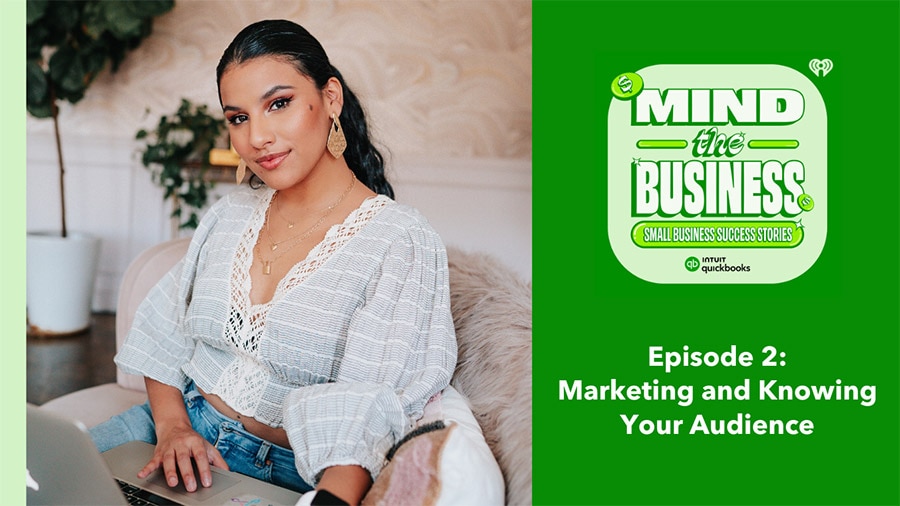My name is Minaa B. and I’m a writer, the author of Owning Our Struggles, and a licensed therapist who helps people practice self-efficacy and learn self-agency. I’ve partnered with QuickBooks in their Ask The Expert series to help you become financially healthy. Many people don’t realize that financial health is just one of the dimensions of wellness that impacts our mental health, and I’m here to help you understand how self-care is financial—care through the lens of mental health and entrepreneurship.
Self-care refers to the intentional activities we engage in to care for our physical, emotional, and mental health. Money is a huge factor that can impact our emotional and mental health because money dramatically affects how we function. If we don’t manage our money correctly or are struggling financially, this can have a detrimental impact on our well-being.
When it comes to finances, self-care involves making responsible decisions that will have a positive impact on our financial well-being. Practicing self-care by managing our finances better can help to reduce stress, improve our mental health, and ultimately lead to better financial decisions.
There are various ways to practice becoming financially healthy. For entrepreneurs like myself, having a system to understand profit and loss–and define income goals–is crucial. This is where QuickBooks comes in. For me, it makes running my business more accessible through features that help me have a clear understanding of my finances. If you’re a freelancer or contractor, it’s imperative to use an accounting system to help you understand your business financials, which are separate from employment income.
Whether or not you’re self-employed, you can find ways to manage your money that will yield long-term results. Here are a few ways to become financially healthy:
- Create a budget: A budget is a plan that helps you manage your money. Creating a budget allows you to track your income and expenses and identify areas where you can cut back on spending. This helps you to save money and avoid debt. If you’re a small business owner, using financial software is indispensable–for your books and for your sanity.
- Work with an accountant or financial planner: Likewise, sometimes it’s best to seek the help of an expert, especially when you are trying to budget or set financial goals. An accountant or financial planner can provide guidance on budgeting, investing, and tax planning. They can also help you to identify areas where you can save money.
- Build an emergency fund: Unexpected expenses can arise at any time. Having an emergency fund can help you to cover unexpected expenses without going into debt and, just as importantly,to manage the stress that comes from having to navigate unexpected situations.
- Educate yourself: The more you know about money and finance, the better equipped you will be to make smart financial decisions. Read books, take courses, and seek advice from professionals to improve your financial literacy.
- Engage in radical acceptance: The hard truth to face is that you have to be proactive in the process of making money. If you are not willing to change careers, get promoted, or create other streams of income, then you will have to accept your salary for what it is. It can be challenging to accept that we may not be earning as much as we would like, but radical acceptance means acknowledging the situation for what it is and taking proactive steps to change it. This could mean exploring new career paths, seeking out professional development opportunities, or starting a side hustle to supplement your income.
Taking control of your financial health doesn't have to induce anxiety, but neglecting it can lead to anxiety and other mental health issues. Prioritizing your financial health is a form of self-care. By being proactive and taking control of your finances, you're investing in your own well-being and setting yourself up for long-term success.













